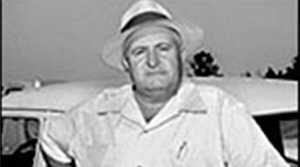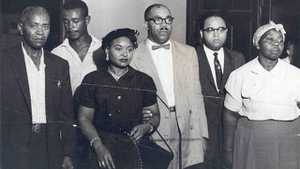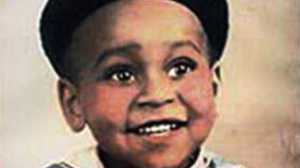Brave Testimony
Moses Wright's testimony in the trial of his great-nephew's accused killers would go down in history as one of the bravest moments of the Civil Rights Movement.
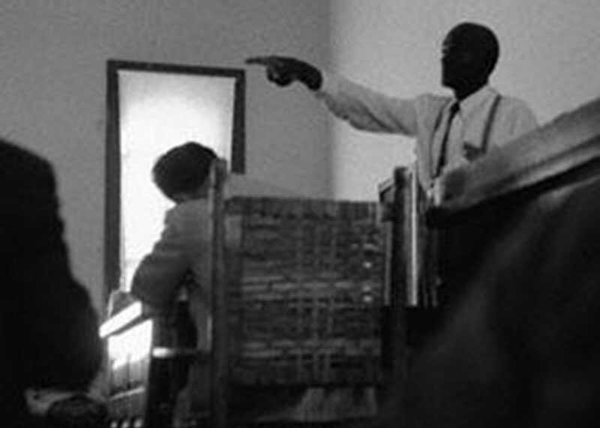
Moses and his wife Elizabeth lived in a three-room home surrounded by trees on a lonely stretch of road near Money — a whistle-stop town in the cotton-growing Mississippi Delta. Wright, called "Preacher," was a minister as well as a sharecropper.
In the summer of 1955, Wright played host to his two teenage nephews from Chicago, 16-year-old Wheeler Parker and 14-year-old Emmett Till. Elizabeth wrote to his mother Mamie Till Bradley that Emmett was helpful around the house.
August 28th, one week after Emmett arrived, was a day the Wright family would never forget. At about 2:30 a.m., two white men, Roy Bryant and his half-brother J. W. Milam, arrived at the Wright home, pounding on the door with a pistol. They declared they "were looking for the boy that did the talking."
Moses pleaded with the men to leave Emmett alone. "He's only 14, he's from up North. Why not give the boy a whipping, and leave it at that?" Elizabeth Wright offered money to the intruders, but they ordered her to go back to bed.
Moses led the men throughout his home with flashlights until they found Emmett in a bed, sleeping. They woke him up and told him to get dressed. Milam, at 6 feet two inches and 235 pounds, turned to Moses and threatened him. "How old are you, preacher?" Wright said that he was 64. "If you make any trouble, you'll never live to be 65."
Moses said that as they made their way to Milam's pick-up truck, he heard one of the men ask someone waiting in the vehicle whether Emmett "was the right one." When the person responded yes, they drove off. Local newspapers reported that a third person was sought in the abduction, but no one else was ever charged in the case.
The Wrights got word to Emmett's mother in Chicago that her son was missing. The family and a local sheriff attempted to look for him by searching along riverbanks and under bridges, "where black folks always look when something like this happens," as Moses would recall.
Emmett Till's body was found in the Tallahatchie River, a heavy gin fan tied around his neck with barbed wire. Roy Bryant and J. W. Milam were arrested and brought to trial.
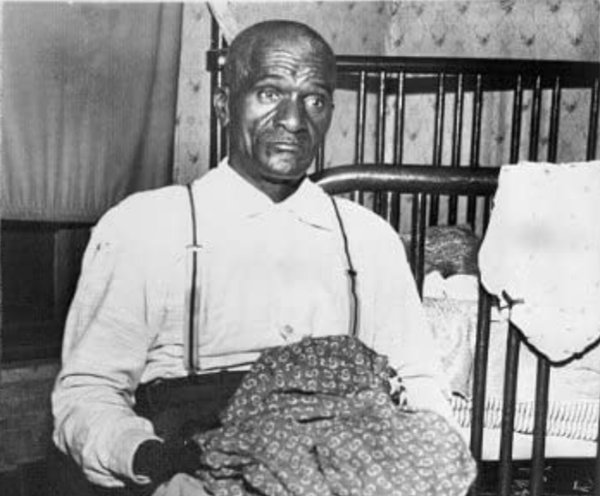
Sensing danger, Moses put his wife Elizabeth on a train to Chicago. She wrote him begging him not to testify. Most local whites didn't think he'd show up. When the trial began, Moses defied all odds and testified.
When he stood up in open court and pointed his weathered finger at Milam and Bryant, his bravery surpassed his five-foot-three-inch height. With the simple words "Thar he," Moses Wright went down in history. It may have been the first time when a black man stood in open court in the South and accused a white man of a crime — and lived.
While on the stand, Moses said he could feel the "blood boil" in the hundreds of white spectators. After the trial, Moses fled to join his wife in Chicago, leaving behind his 1941 Ford and his cotton blooming in the fields.
Moses returned in November to testify at the grand jury hearing for Milam and Bryant's kidnapping case. When the grand jury refused to return an indictment, Moses Wright left for Chicago. He never again returned to Mississippi.




